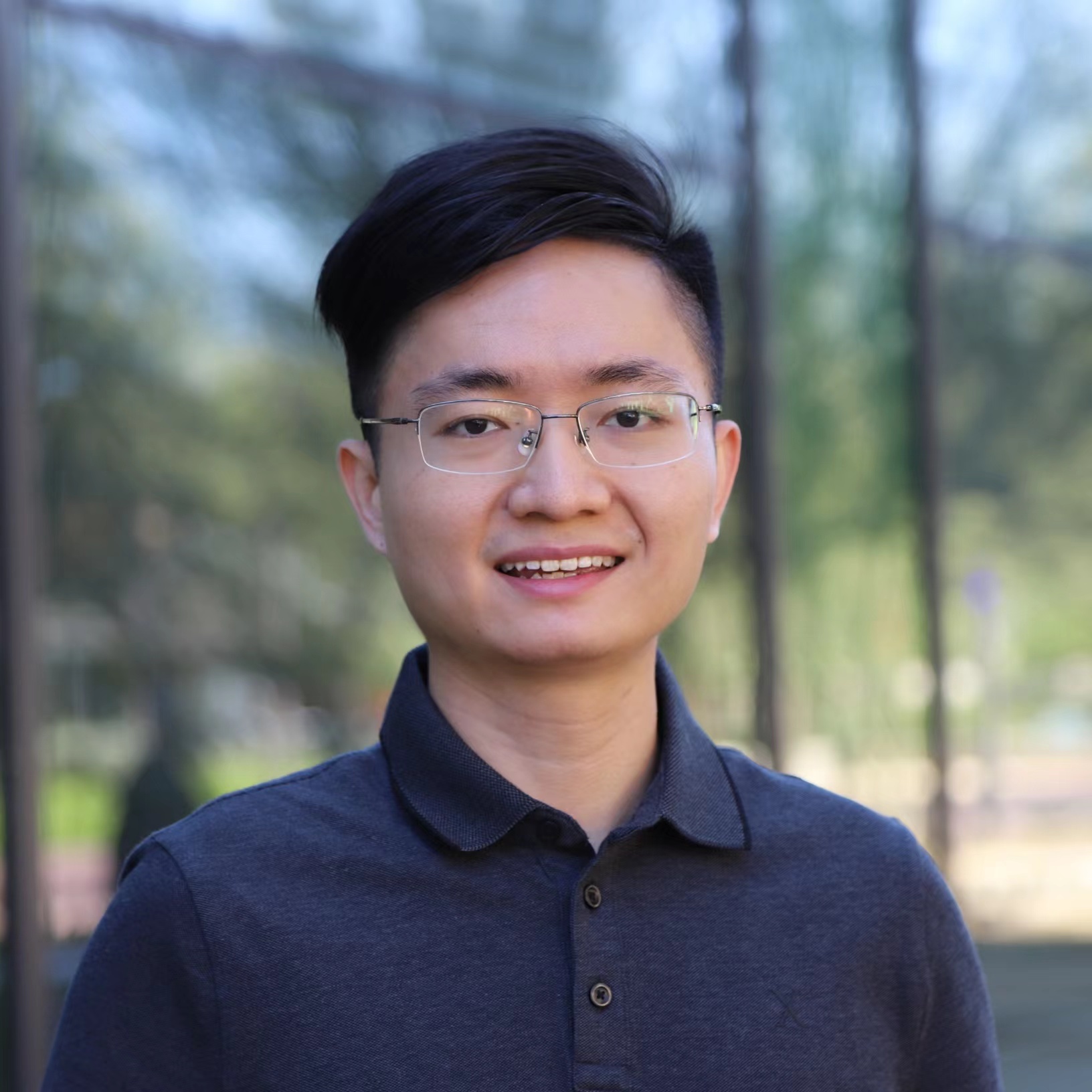Learning-theoretic Perspectives on MPC via Competitive Control
Since the 1980s, Model Predictive Control (MPC) has been one of the most influential and popular process control methods in industries. The key idea of MPC is straightforward: with a finite look-ahead window of the future, MPC optimizes a finite-time optimal control problem at each time step, but only implements/executes the current timeslot and then optimizes again at the next time step, repeatedly. Actually, the second part “only implements the current timeslot and reoptimizes at each time step” is one of the reasons MPC was not that popular before the 1980s — iteratively solving complex optimal control problems at high frequency was such a luxury task before computational power took off.
